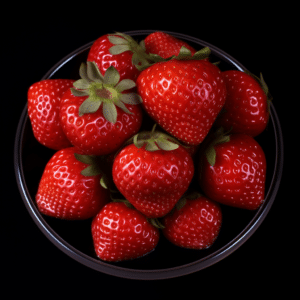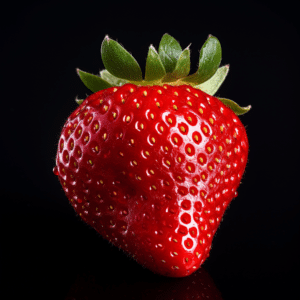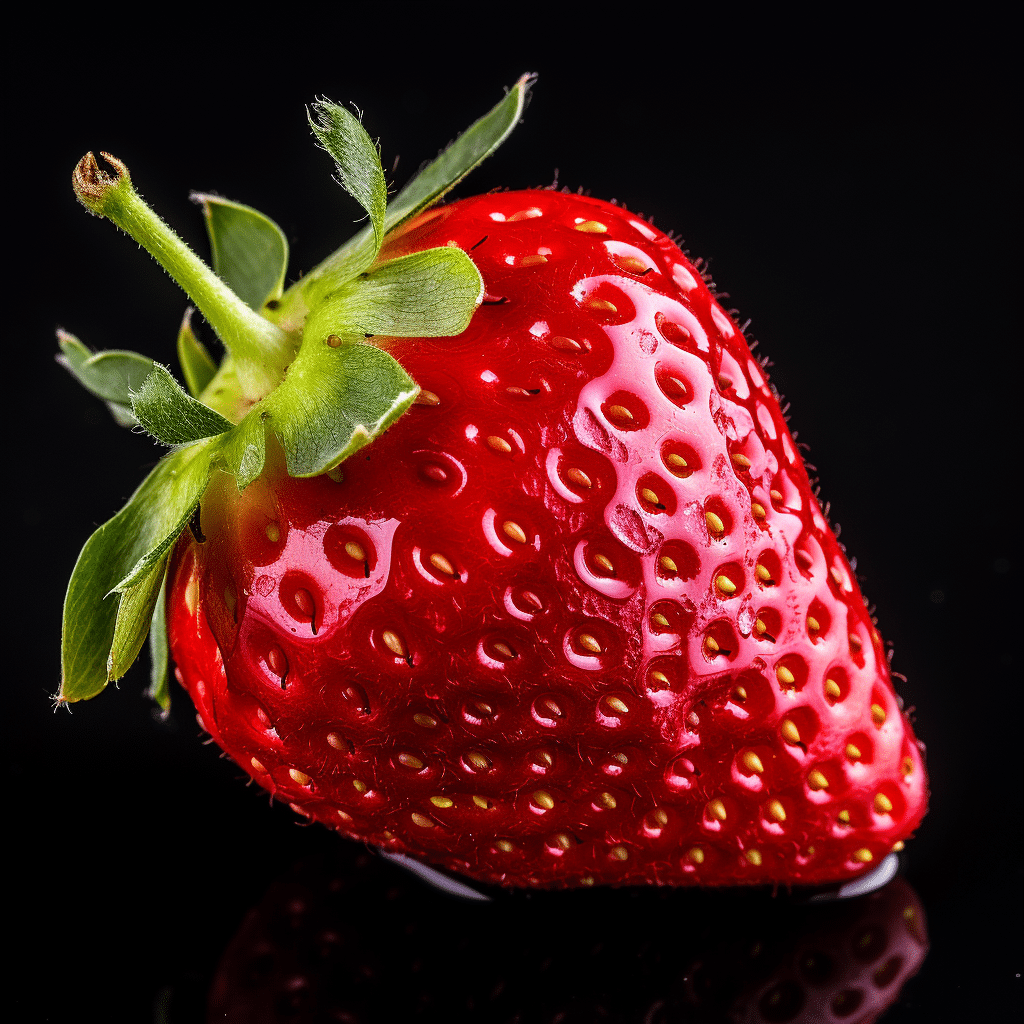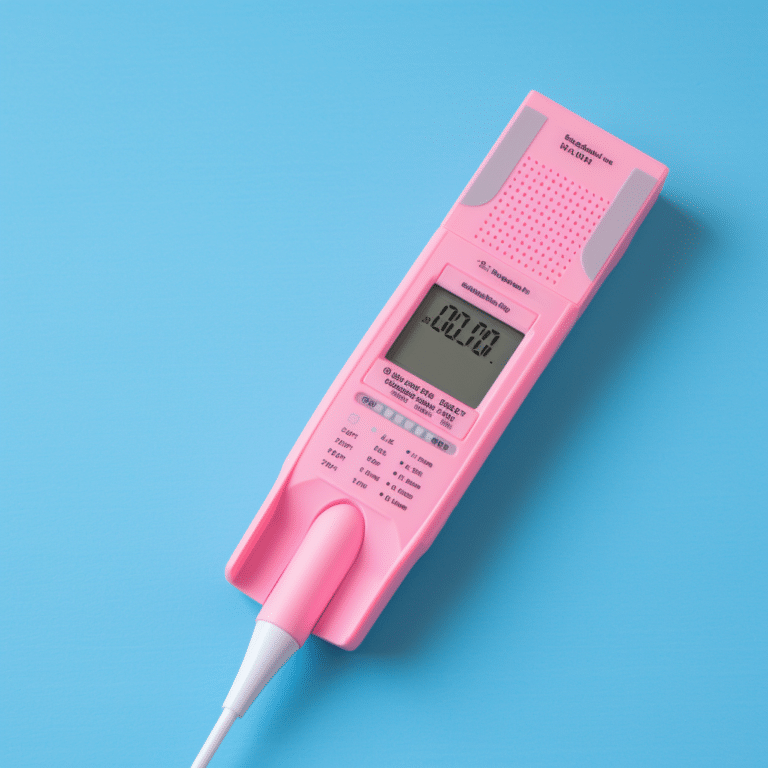Stoma Diet: Can You Eat Strawberries and More?
Learning to live with a stoma can be physically and psychologically challenging. Finding out how your lifestyle will change can be overwhelming, even if that’s temporary. However, don’t panic, as help is at hand. You can also take comfort in knowing you are not alone in experiencing these challenges.
The good thing is that there are only minor adjustments to your diet following stoma surgery, which most are temporary. And that you can still enjoy some of your favorite foods or even travel with friends and dine out. But, can you eat strawberries with a stoma? Read on to find out this and many more regarding the stoma diet.

Can You Eat Strawberries With A Stoma?
Eating strawberries is not recommended in the earlier stages post stoma surgery. Ideally, you should not eat raw fruits with skin, including strawberries, for the first three to four weeks after the procedure. Strawberries and other raw fruits are high in fiber which can cause blockage and further complications. So, steer clear of raw fruits until your doctor clears you.
About Stoma
A stoma is a surgically created opening of the intestine (ileostomy) or colon (colostomy) brought onto the skin to assist in emptying stools.
People with bowel issues like inflammatory bowel disease or colorectal cancer who need surgery to remove parts of the intestine are ideal candidates for a stoma. In this case, the stoma is used to let the remaining intestines heal while allowing them to eat after surgery.
During a stoma surgery, your doctor creates the stoma at an appropriate site of the intestines. They then bring it out and attach it to the belly surface. The stoma can be permanent or temporary (which can later be reversed), depending on the cause.
The stoma, small pinkish-red that’s not painful to touch, is covered with a discreet pouch that collects your waste for easy disposal. Your doctor and nurses will provide guidance, support, and reassurance regarding living and looking after the stoma.
What Will Your Diet Be After Stoma?
The first few weeks post stoma surgery are crucial as your body is still healing. During this time, you will be put on a liquid diet followed by a soft and low-fiber diet. Your dietician will advise you on when to begin introducing solid foods.
A high-fiber diet is not recommended after surgery and should be taken in low amounts. Foods high in insoluble fiber like wholegrain cereals and vegetables can be painful, leading to bulkier waste that’s difficult to pass. Foods rich in insoluble fiber, like bananas, should be easier to digest. However, they should be taken in moderation as too much of these can lead to excess gas and bloating.
Note that the waste from the small intestine stoma is more watery while that from the colon is more solid. And unless your doctor has advised otherwise, you should resume your regular diet 4-6 weeks after the surgery. If your waste is too hard or too watery.
Try these foods to see if they can help:
Too Hard
- Fruits
- Fruit juice
- Warm/hot drinks
- Vegetables
Too Watery
- Apple sauce
- Plain pasta/noodles
- Smooth peanut butter
- White rice
- Potatoes without skin
Which Foods Should You Avoid After Stoma Procedure?
After a couple of weeks post-surgery, you should have an easier time resuming your regular diet routine. If unsure how a particular food will impact your stoma, try a little and see how you react. The foods you’ll eat or not depends on your symptoms.
Below are foods known to cause stomach pain or discomfort if you have a stoma:
Wind
Everyone passes wind. But with stoma patients, that’s a little different. Gas from your stomach will usually leak slowly into the pouch, leaving little filters and vents to stop it from becoming too smelly or blowing up like a balloon. However, this wind can occasionally make a noise or cause the bag to bulge.
Foods and drinks that can lead to the excessive wind with a stoma are:
- Beans
- Sprouts
- Fizzy drinks, including beer
- Cabbage
- Cauliflower
- High-fiber and starchy foods like wholemeal bread
Smell
If your stoma fits well, you shouldn’t notice sell throughout the day. The only exception is when changing the bag for a new one.
Some foods can cause the smell to linger longer. They include:
- Cabbage
- Asparagus
- Onions
- Brussel sprouts
- Garlic
- Cauliflower
- Eggs
- Fish
Anytime you realize your stoma is producing an unpleasant odor that lingers for a long, limit your intake of these foods. Alternatively, speak with your doctor about drugs that can reduce unpleasant smells.
Cranberry, tomato, or orange juice may also help reduce the smells.
Blockages
Chewing food thoroughly is crucial for stoma patients. That’s because it reduces the risk of food blockages. Besides, there are foods difficult to digest that may lead to blockages, like:
- Sweetcorn
- Nuts
- Coconut
- High-fiber vegetables
- Peppers
- Popcorn
- Tomatoes
- Mushrooms
If food gets stuck, you’ll feel sick or experience pain and swelling in your stomach. In that case, stop eating and contact your doctor or visit the hospital as soon as possible.
Color
Don’t discriminate against foods based on their color. However, it’s worth mentioning that some foods may change the color of your waste. So, don’t be concerned if you notice color changes in your waste after eating the following:
- Tomato sauce
- Beetroot
- Asparagus
- Anything with food coloring, like brightly-colored icing
Other Concerns About Stoma Diet
In most cases, your stoma waste will be more watery than your stools used to be, especially if you have a small intestine stoma. So, ensure you make up for the lost fluids by drinking plenty.
You may also be at risk of some nutritional deficiencies. This depends on the type of medication you use, the location of the stoma, or your preferred diet. So, speak to your dietician about any concerns and see if they recommend supplements.

Conclusion
Can you eat strawberries with a stoma? Eating strawberries with a stoma during the first few weeks (2-4) after surgery is not recommended. That’s because strawberries are raw fruits rich in fiber which can lead to blockages.






